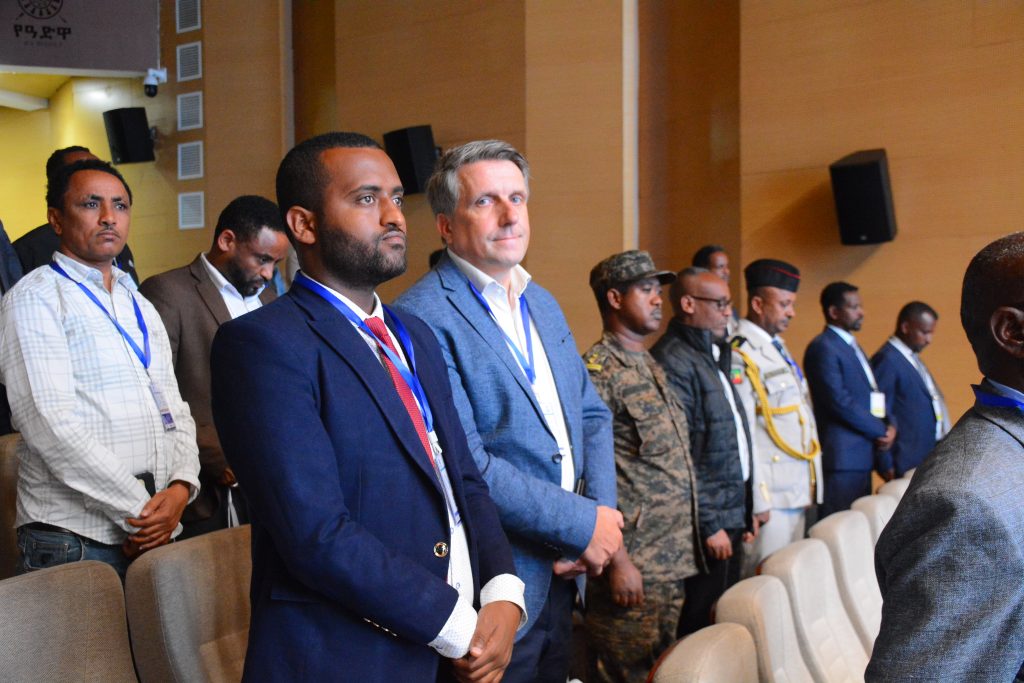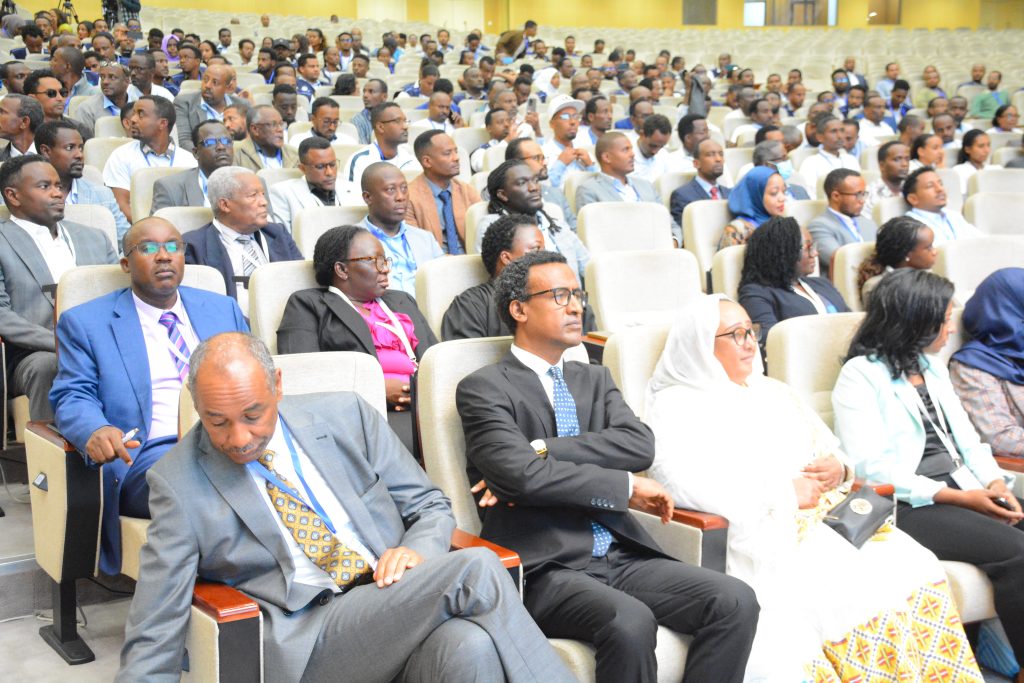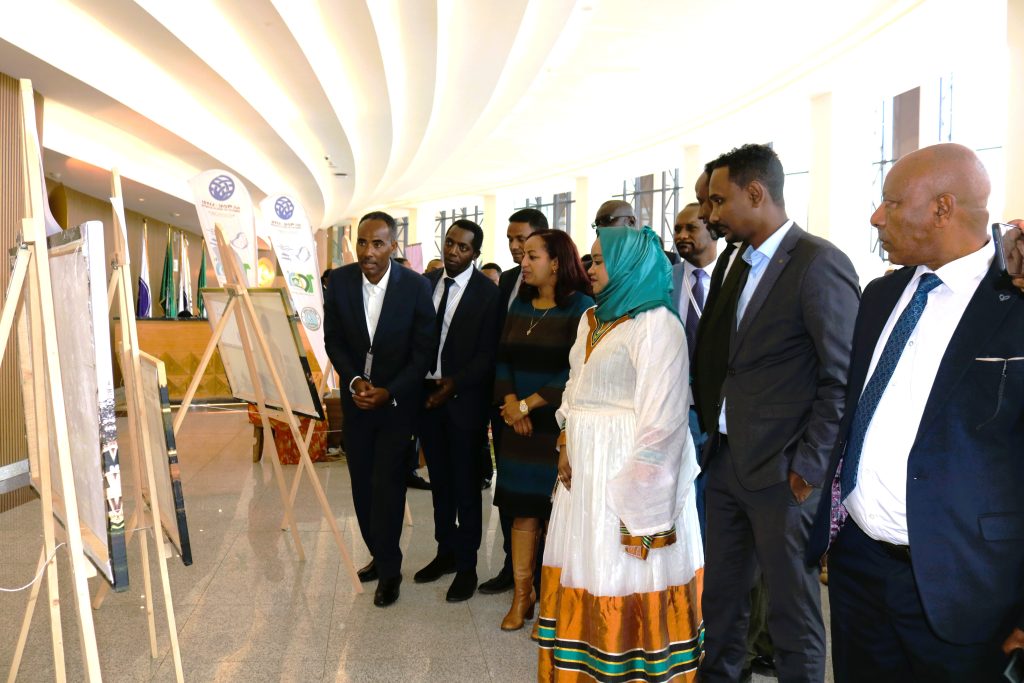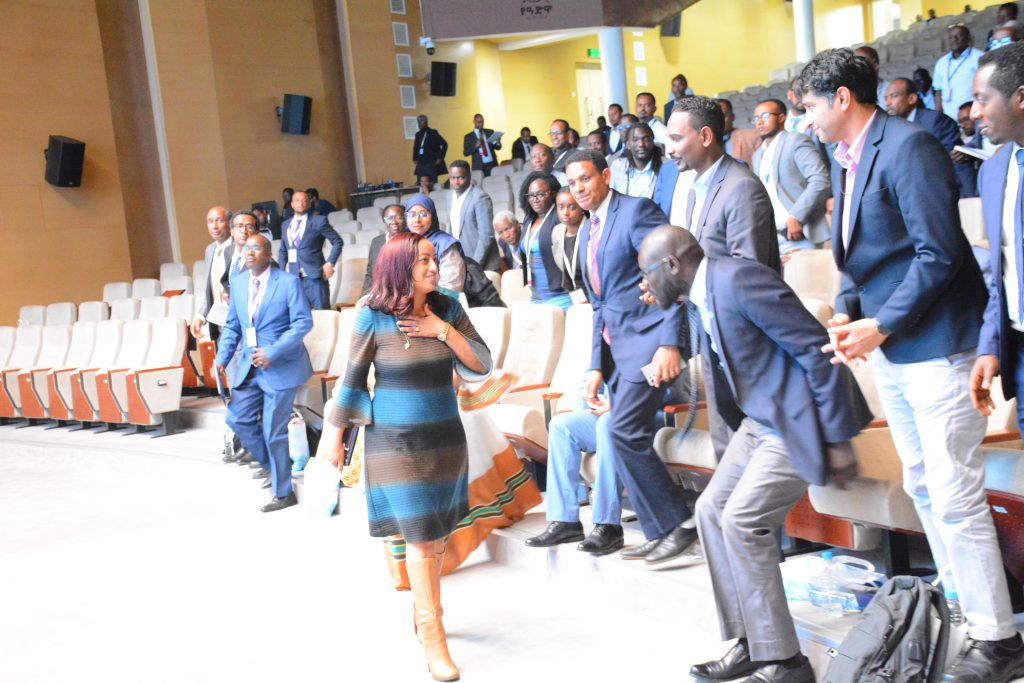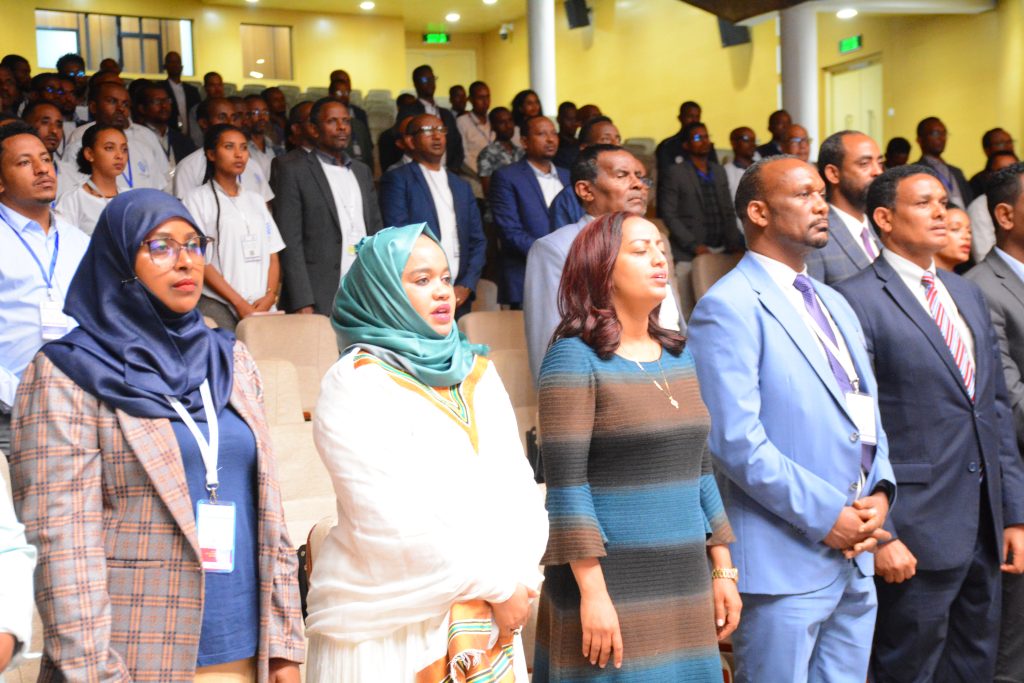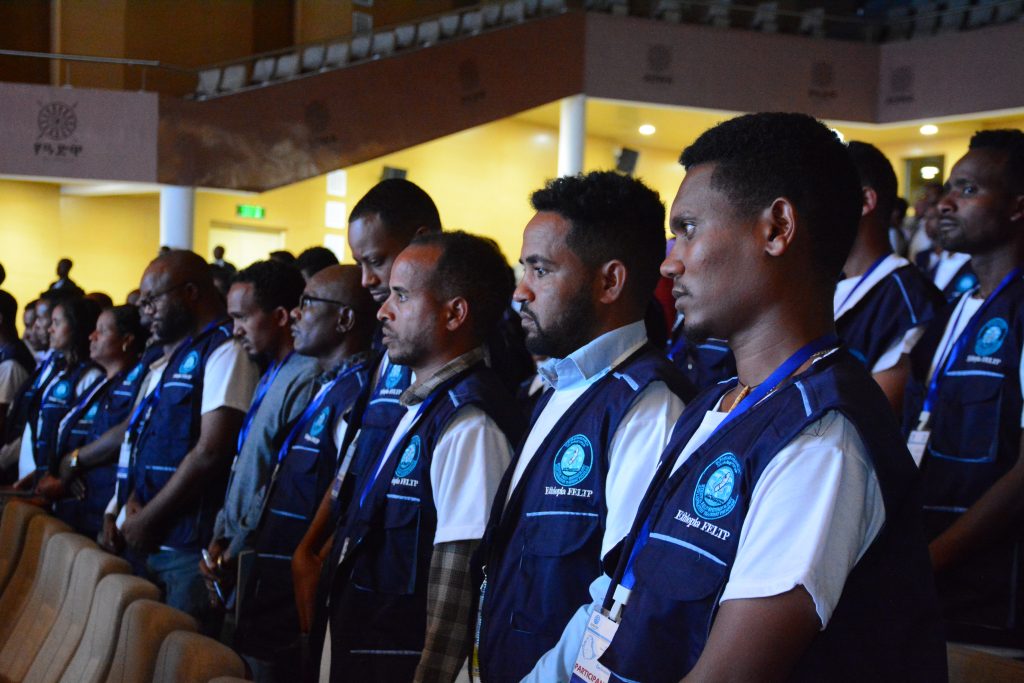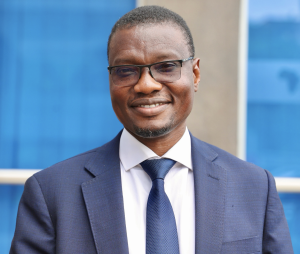Strengthening health security through field epidemiology: Highlights from the 4th Ethiopia FETP national conference
-
by
AFENET
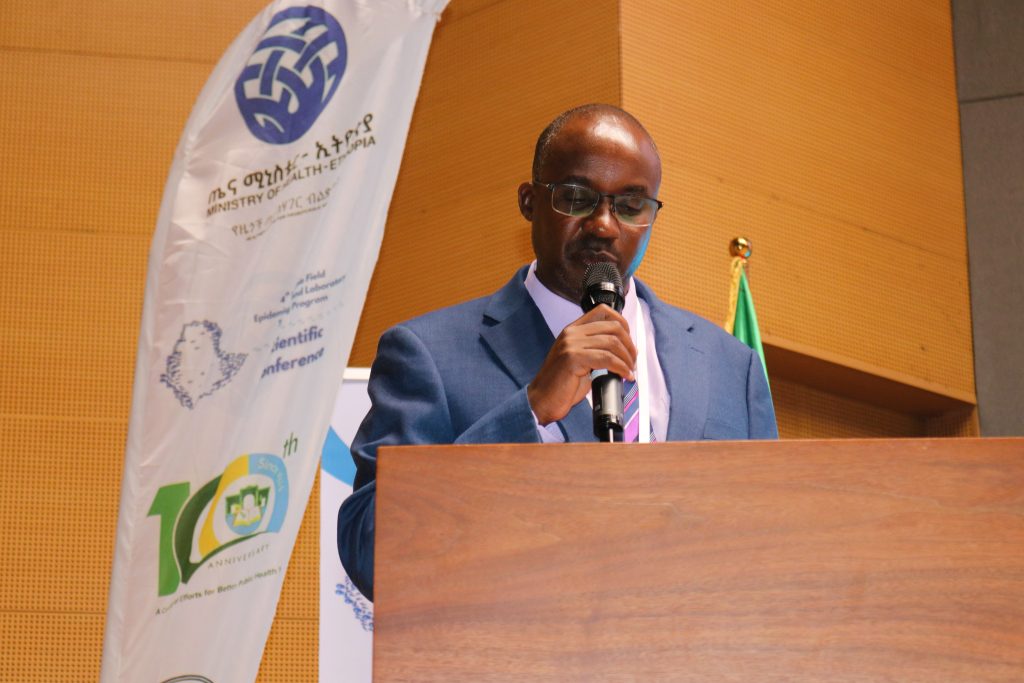
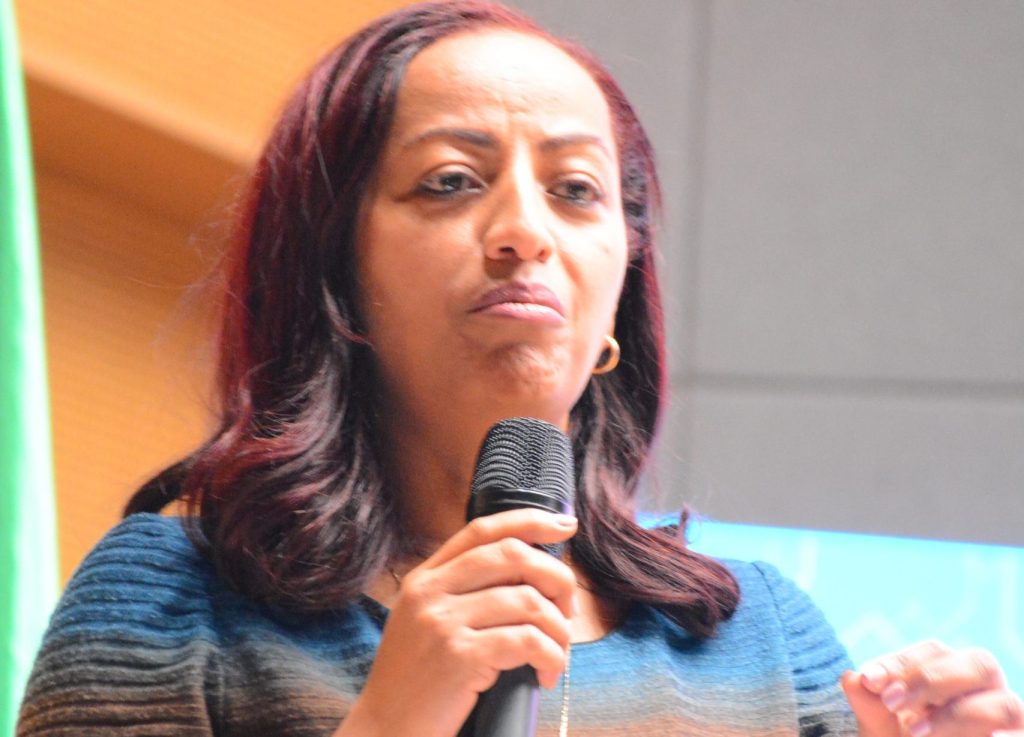
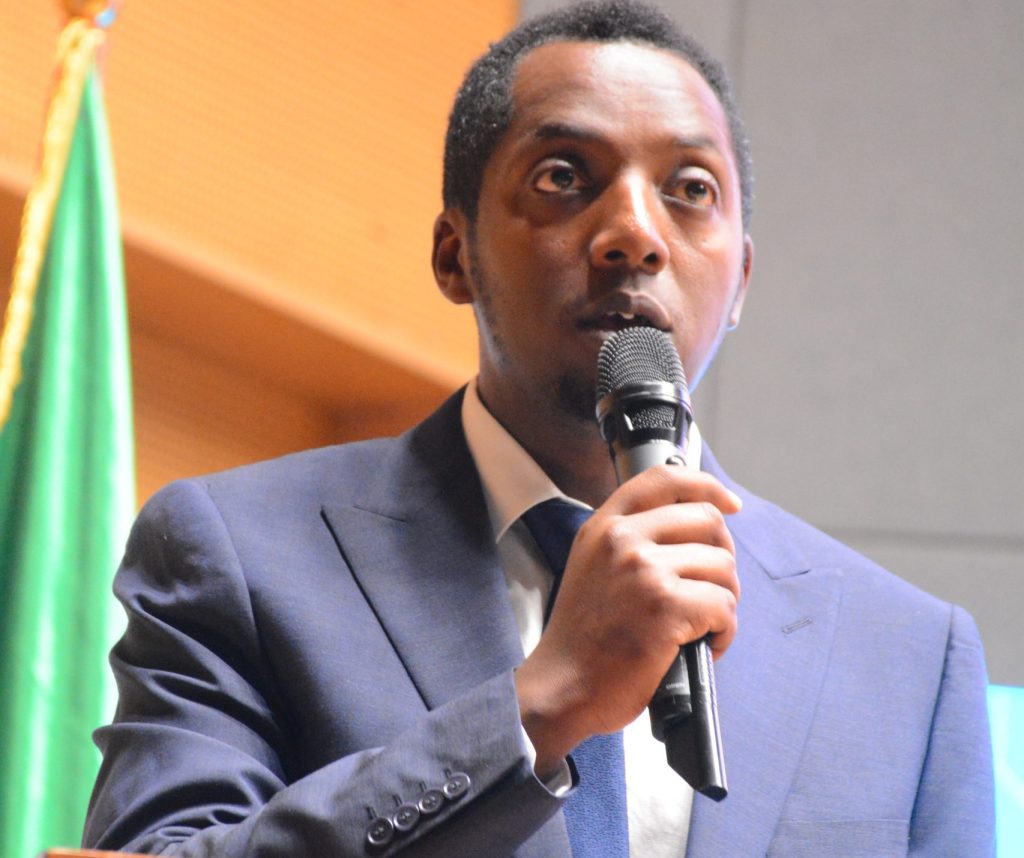
Adwa Museum, Addis Ababa | July 1–4, 2025
The 4th Ethiopia Field Epidemiology and Laboratory Training Program (FELTP) National Conference brought together key health leaders, field epidemiologists, development partners, and public health practitioners for a week of reflection, learning, and renewed commitment to health workforce development in Ethiopia.
Opening Remarks by H.E. Dr. Mekdes Daba, Minister of Health, Ethiopia
Officially opening the conference, H.E. Dr. Mekdes Daba Feyssa, Minister of Health, praised the Ethiopia FETP for its strong community engagement and technical excellence:
“The value of the Field Epidemiology Training Program lies not only in its technical excellence, but in its deep connection with the community. This exposure and engagement make FETP graduates truly unique—and the Ministry of Health does not take that for granted.”
She emphasized the Ministry’s full commitment to strengthening and institutionalizing the FETP and called for continued collaboration in building a resilient and responsive health system.
Conference Theme: Responding to a Changing World
This year’s conference theme—“Public Health in a Rapidly Changing World: The Role of the Field Epidemiology Workforce in Health Sector Transformation”—resonated strongly across all sessions. From emerging threats like antimicrobial resistance (AMR) and climate change to persistent challenges like infectious diseases and non-communicable diseases, the need for a well-trained, adaptable field epidemiology workforce was underscored throughout the event.
Education Sector Perspective: Remarks by H.E. Mr. Kora Tushune, State Minister of Education
H.E. Mr. Kora Tushune stressed the critical role of preparedness in a complex global health environment:
“FETPs must be equipped to operate across borders, thrive in collaboration, and be part of a wider network of expertise… I call on all of us to ensure no population or region is left behind.”
He recognized the FETP as a key pillar in national education and workforce development strategies.
Global Perspective: Dr. Abhijeet Anand, CDC Division of Human Health Protection (DHHP)
Drawing from global experience, Dr. Abhijeet Anand shared a compelling example from India that demonstrated how collaboration, curiosity, and persistence can lead to lifesaving public health solutions.
“Remain curious. Keep asking questions. Your role in protecting public health is critical, and your training has equipped you to lead with evidence, integrity, and impact.”
He reaffirmed CDC’s commitment to supporting field epidemiologists as global health leaders.
WHO’s Commitment: Dr. Patrick Okumu Abok, Emergency Preparedness Lead, WHO Ethiopia
Dr. Okumu highlighted lessons from COVID-19 and the importance of resilient systems amid funding challenges:
“WHO remains deeply committed to supporting Ethiopia’s journey toward improved coordination and a stronger national public health response… The contributions of FETP graduates have been invaluable.”
He urged greater national ownership and investment in sustainable outbreak preparedness and surveillance infrastructure.
National Achievements: Dr. Messay Hailu, Director, Ethiopian Public Health Institute (EPHI)
In his opening remarks, Dr. Messay Hailu emphasized the lasting impact of FETP on Ethiopia’s health system:
“The program has fostered a culture of data-driven decision-making and field-based investigation that is now integral to Ethiopia’s disease surveillance and response system.”
He encouraged continued investment in epidemiologic training to meet future challenges.
AFENET’s Recognition and Support
Mr. Christopher Tanui, Head of Operations at AFENET, representing Director Dr. Simon Antara, commended the Ethiopia FETP for its outstanding fieldwork and leadership:
“Investing in a skilled field epidemiology workforce is essential to address evolving public health threats and secure health systems.”
AFENET reaffirmed its commitment to supporting FETP implementation, capacity building, and regional collaboration.
Conclusion
The 4th Ethiopia FETP National Conference was not only a celebration of progress but also a moment of strategic reflection. It reinforced the indispensable role of field epidemiologists in transforming public health systems and reaffirmed the collective responsibility of government, academia, and partners to nurture the next generation of health leaders.
As Ethiopia navigates a changing health landscape, the FETP remains a cornerstone in building a healthier, more resilient nation.
